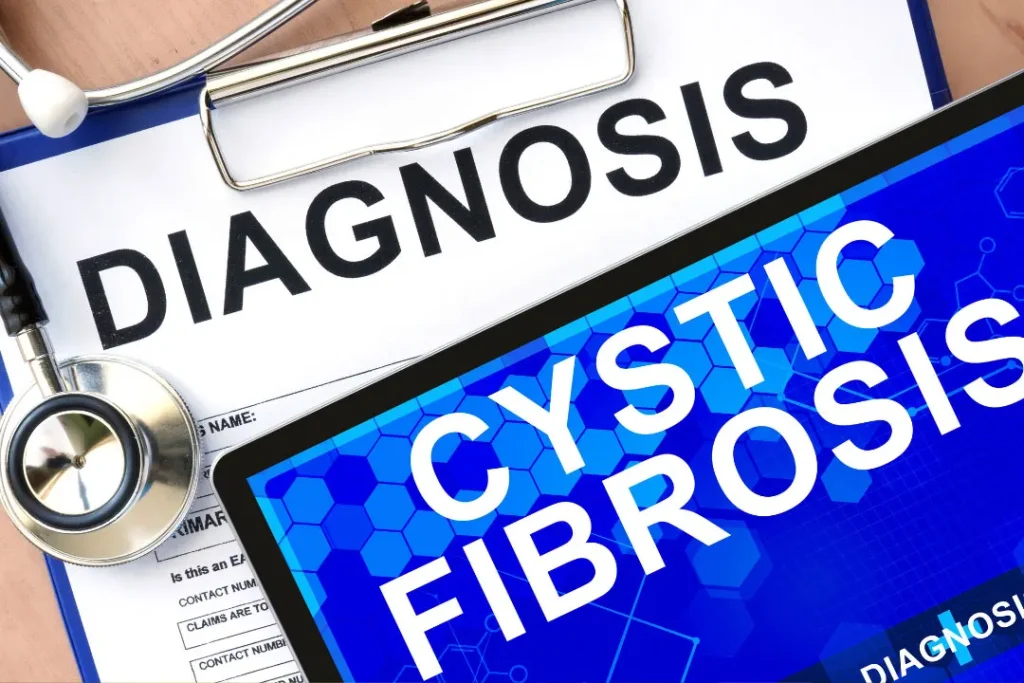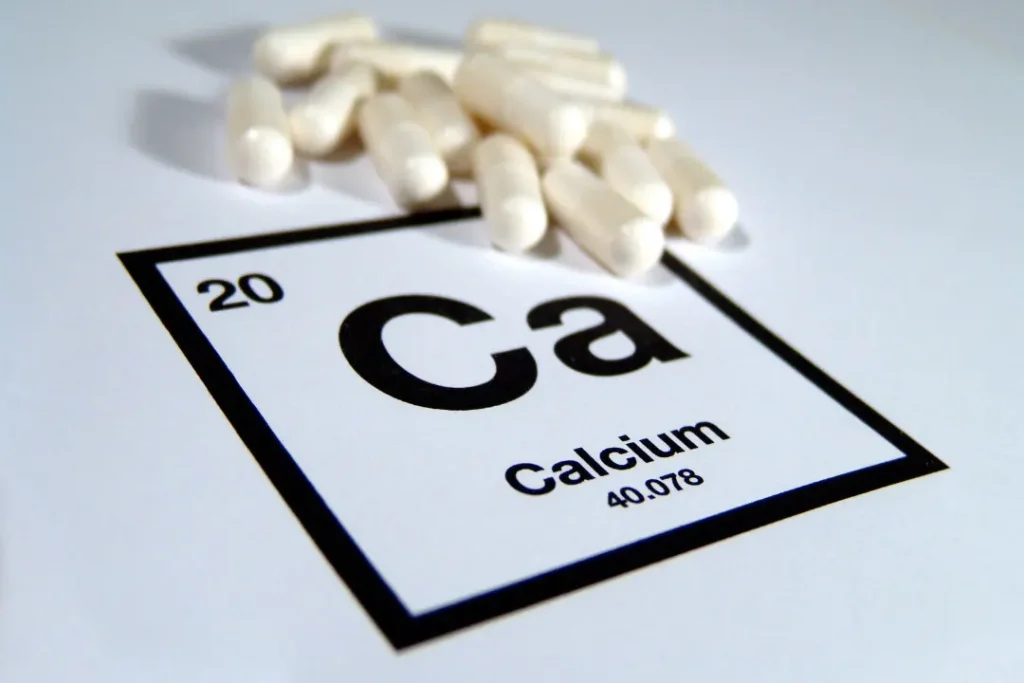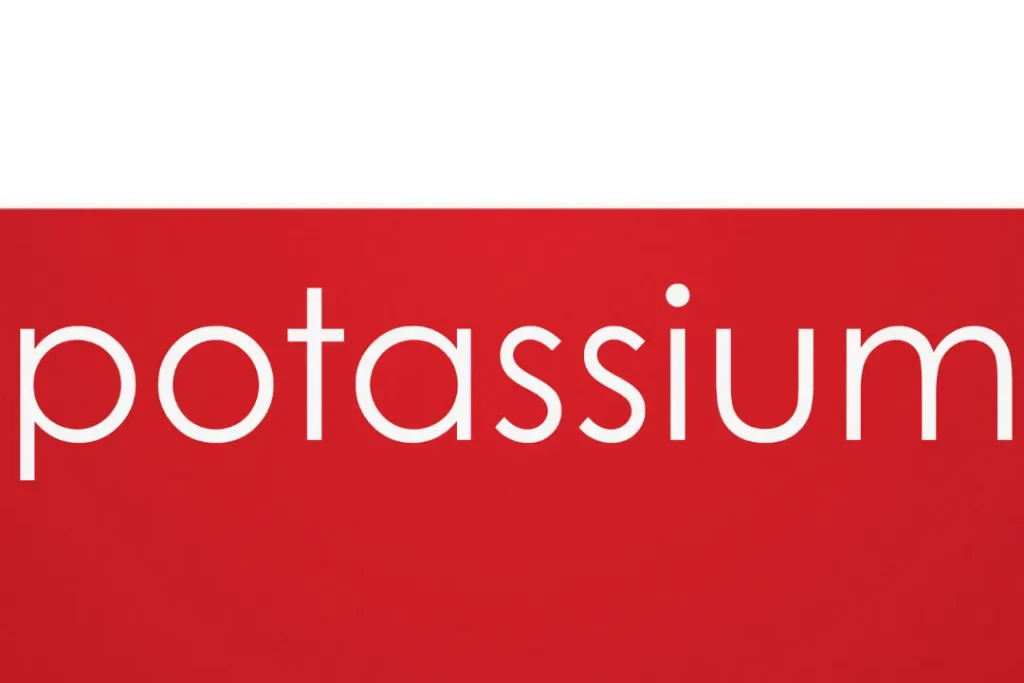Although there are many plants in nature that are used as both decorative and therapeutic plants, few are as effective in both roles as foxglove. The Latin word “digitus,” which refers to how its flowers fit like a glove on a finger, is the source of its scientific name, Digitalis. Behind its showy flower exterior, this tall plant—known for its tremendous medicinal properties—holds a significant position in the field of medicine. Foxglove’s nature, chemistry, physiological mode of action, health advantages, ideal dose, possible side effects, and drug interactions are all explored in this in-depth analysis.
You May Also Like:
5 Great Nootropic Herbs for Focus and Mental Clarity
A Nootropic Herb for Cognitive Enhancement: Discover Bacopa Monnieri Benefits and Side Effects
Foxglove: Benefits, Dosage, Side Effects, Drug Interactions, and Other Important Information is an original (NootropicsPlanet) article.
Nature of Foxglove
A biennial or perennial plant, foxglove is most commonly found in Europe in the species Digitalis purpurea and Digitalis lanata. Tall, leafy spikes with tubular blooms, usually in purple hues, are what give it its distinctive appearance. All of the plant’s components, particularly the leaves of the second-year plants, contain a variety of bioactive substances, including cardiac glycosides, despite the fact that it is a visual joy.
Health Benefits of Foxglove
Management of cardiac problems is the main therapeutic application of foxglove.
- Congestive Heart Failure: Digoxin, which is made from foxglove, is a mainstay in the treatment of congestive heart failure. Digoxin improves the effectiveness of the heart, lowering symptoms of fluid retention and shortness of breath by strengthening the force of heart muscle contraction and slowing the heart rate.
- Atrial Fibrillation: Foxglove is helpful in regulating heart rate in diseases like atrial fibrillation and atrial flutter because it slows the conduction of electrical impulses in the atrioventricular node.
- Cystic Fibrosis and Cancer Treatment: Foxgloves are being reconsidered as powerful remedies against a range of viruses and as potential treatments for cystic fibrosis and multiple forms of cancer, but only in explicitly controlled doses.

Chemistry of Foxglove
The high concentration of cardiac glycosides in foxglove is what gives plant its therapeutic significance. A sugar moiety is joined to a steroid derivative in this category of chemical molecules. Digoxin and digitoxin are two of the principal cardiac glycosides found in foxglove. The medicinal use of Foxglove is based on the fact that these chemicals have a significant effect on cardiac function.
Physiological Mechanisms of Action of Foxglove
The sodium-potassium ATPase pump found in the myocardial cell membrane is what the cardiac glycosides, in particular digoxin, use to block their effects. The sodium-calcium exchanger is therefore impacted by the rise in intracellular sodium levels brought on by this inhibition. Positive inotropy, a characteristic that increases the power of cardiac contraction, is the end result, which causes an inflow of calcium ions into the cell. Digoxin also lowers heart rate by increasing vagal activity on sinoatrial and atrioventricular nodes.

Optimal Dosage of Foxglove
Due to Foxglove’s limited therapeutic index, which is the thin line between therapeutic and dangerous levels, determining the dosage is a complex task.
For instance, digoxin is often started at a modest dose (0.125 to 0.25 mg per day), and the dosage is then increased or decreased depending on the patient’s reaction and tolerance. Given the risk of toxicity, it is essential only to take drugs made from foxglove under the watchful supervision of a healthcare professional. In other words, it is ill-advised to take foxglove outside of pre-allocated means.
Side Effects of Foxglove
Despite the significant medicinal potential of foxglove, there are certain severe drawbacks. Digitalis poisoning, which presents as gastrointestinal symptoms (nausea, vomiting, and diarrhea), visual abnormalities, disorientation, and abnormal cardiac rhythms, can result from even minor dosages. Digitalis poisoning can be lethal if it is not treated right away.

Potential Substance Interactions with Foxglove
With Foxglove, there is a significant chance of interactions with other drugs. Digitalis poisoning is more likely to occur while taking medications that change electrolyte levels, especially potassium-containing ones. These consist of ACE inhibitors, diuretics, and certain antibiotics. Medications including antacids, cholesterol-lowering pharmaceuticals, and antiarrhythmic meds can also have an impact on how well Foxglove is absorbed and works.

Best Responsible Use of Foxglove
The substantial medicinal benefits of foxglove are anchored in its special chemistry and make it more than just a pretty addition to any landscape. However, due to its limited therapeutic index, toxicity must be avoided by careful use and ongoing monitoring. As a result, using Foxglove or its derivatives should always be done so directly under a doctor’s supervision. For Foxglove to be used safely and effectively in medicine, one must be aware of its pharmacology and any possible hazards.
Foxglove:
Conclusion
Foxglove is a truly remarkable plant that combines beauty and healing properties in a unique way. Its prominent role in medicine is a testament to the abundant therapeutic benefits concealed behind its captivating appearance.
From its ability to address cardiac issues to its potential applications in treating conditions like cystic fibrosis and cancer, foxglove’s chemistry and physiological mechanisms make it a valuable asset in the medical field.
However, it is crucial to approach its usage responsibly and under medical supervision, considering its narrow therapeutic range and potential for toxicity, in order to harness its benefits safely.
References:
- Foxglove. Retrieved from: https://www.botanical.com/botanical/mgmh/f/foxglo30.html
- Digitalis PurpureaRetrieved from:https://www.sciencedirect.com/topics/immunology-and-microbiology/digitalis-purpurea
- Variation in the chemical profiles of three foxglove species in the central Balkans. Retrieved from:https://www.frontiersin.org/articles/10.3389/fpls.2023.1155297/full
Important Note: The information contained in this article is for general informational purposes only, and should not be construed as health or medical advice, nor is it intended to diagnose, prevent, treat, or cure any disease or health condition. Before embarking on any diet, fitness regimen, or program of nutritional supplementation, it is advisable to consult your healthcare professional in order to determine its safety and probable efficacy in terms of your individual state of health.
Regarding Nutritional Supplements Or Other Non-Prescription Health Products: If any nutritional supplements or other non-prescription health products are mentioned in the foregoing article, any claims or statements made about them have not been evaluated by the U.S. Food and Drug Administration, and such nutritional supplements or other health products are not intended to diagnose, treat, cure, or prevent any disease.


